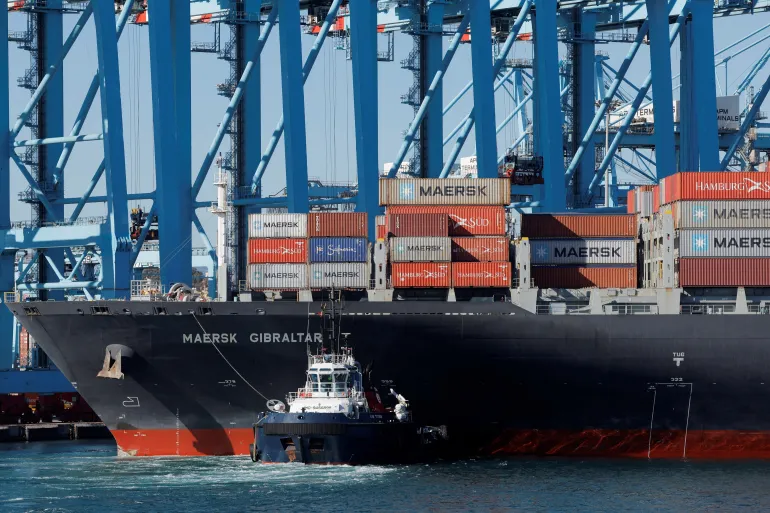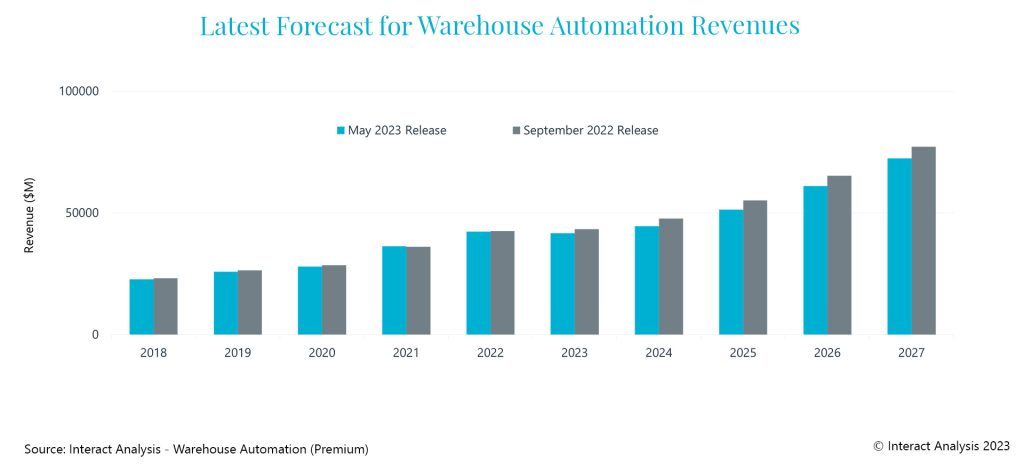
The recent military strikes by the U.S. and British militaries on Iranian-backed Houthi sites in Yemen have raised concerns about the impact on shipment routes and ports in the region. These strikes were a response to the ceaseless attacks by the Houthis on international maritime vessels in the Red Sea, including the use of anti-ship ballistic missiles for the first time in history. In this article, we will explore the implications of these strikes on the crucial shipping lane in the Red Sea and the potential consequences for global commerce.
The Red Sea is a vital shipping lane that connects the Suez Canal to the Bab el-Mandeb Strait, facilitating the transportation of goods between Asia, the Middle East, and Europe. Approximately 12% of the world’s trade passes through this waterway, including oil, natural gas, grain, and various consumer products. The Red Sea is not only significant for its role in global commerce but also for its geopolitical importance, as it forms a crucial link between Africa and the Arabian Peninsula.
The Houthi rebels in Yemen have been a persistent threat to shipping in the Red Sea. Over the past several years, they have carried out numerous drone and missile attacks on commercial ships, posing a risk to the safety of personnel and the free flow of international commerce. These attacks have escalated in recent months, with the rebels targeting vessels passing through the Red Sea, even those with no direct connection to the ongoing conflict in the region.
In response to the Houthi attacks on international maritime vessels, the U.S. and British militaries conducted a massive retaliatory strike on Houthi sites in Yemen. The strikes targeted command-and-control nodes, munitions depots, launching systems, production facilities, and air defense radar systems. The aim was to degrade the Houthi military capabilities and protect global shipping in the Red Sea.
The retaliatory strikes on Houthi sites raise concerns about the potential disruption to shipment routes in the Red Sea. The attacks on key facilities and infrastructure could impact the smooth flow of goods, leading to delays and increased costs for businesses relying on this crucial trade route. The safety of ships and crew members may also be compromised, further adding to the challenges faced by the shipping industry.
The strikes on Houthi sites in Yemen could also have consequences for ports in the Red Sea. One of the largest port cities controlled by the Houthis, Hodeida, was reportedly targeted in the strikes. This raises questions about the potential damage to port infrastructure and the ability of these ports to handle incoming and outgoing shipments. Any disruptions to port operations could have a ripple effect on global trade, affecting various industries and economies.
The U.S. and British militaries were not alone in their response to the Houthi attacks. A coalition of countries, including Australia, Bahrain, Canada, Denmark, Germany, Netherlands, New Zealand, and South Korea, joined forces to condemn the attacks and express their commitment to defending lives and protecting commerce in the critical waterway. This collaborative approach aims to de-escalate tensions and restore stability in the Red Sea.
In addition to the military strikes, efforts have been made to enhance maritime security in the Red Sea. The U.S. established Operation Prosperity Guardian, a maritime security mission involving more than 20 nations. This mission aims to increase ship protection, improve surveillance, and deter further attacks on commercial vessels. The presence of warships and increased airborne surveillance in the region is expected to contribute to the overall security of the Red Sea.
The ongoing conflict in the Red Sea and the recent military strikes could have significant economic implications. Any disruptions to shipment routes and ports could lead to increased costs for businesses and consumers. The price of goods, particularly those transported through the Red Sea, may rise due to delays and additional security measures. The stability of the global economy could be affected, especially if the situation escalates and triggers a wider conflict in the region.
While military action has been taken to address the immediate threat posed by the Houthi attacks, there is also a call for diplomatic solutions to the ongoing conflict in Yemen. The international community, including the United Nations, has repeatedly urged all parties involved to engage in meaningful negotiations and find a peaceful resolution to the crisis. A sustainable peace agreement would not only enhance security in the Red Sea but also contribute to the overall stability of the region.
The recent military strikes on Houthi sites in Yemen have raised concerns about the impact on shipment routes and ports in the Red Sea. The ongoing conflict and the persistent threat from the Houthi rebels pose challenges to the smooth flow of goods and the safety of commercial vessels. The international community’s collaborative efforts to enhance maritime security and the call for diplomatic solutions highlight the importance of finding a lasting resolution to the conflict. Ultimately, the stability of the Red Sea shipping lane is crucial for global commerce, and all stakeholders must work together to ensure its security and uninterrupted operations.
Updated 13-01-2024

